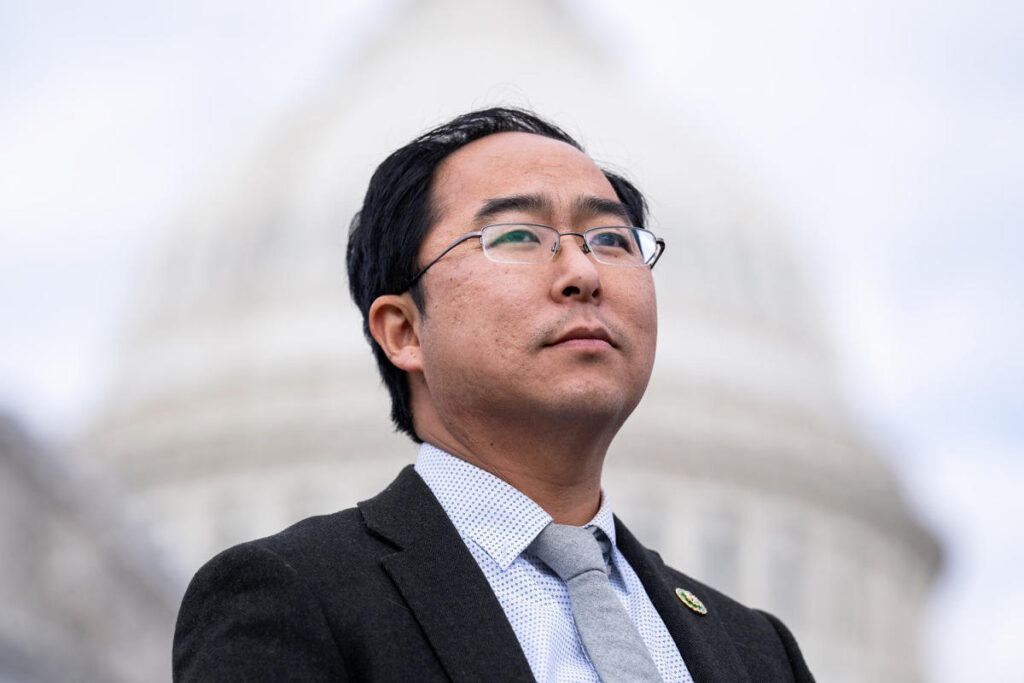Democratic Representative Andy Kim has made history in New Jersey by winning the U.S. Senate race, thereby becoming the first Asian American senator from the state. His victory comes after a notable campaign aimed at replacing former Senator Bob Menendez, who resigned following his conviction for bribery. In an interview immediately after his win, Kim expressed a mix of emotions, stating that he was processing the significance of the moment while surrounded by family. He emphasized his pride in his achievement and the importance of representation for the Asian American community, which he now joins in the halls of the Senate.
Kim’s candidacy was partly motivated by the need for a change in the political landscape, particularly in light of the scandals that led to Menendez’s departure. He articulated a vision of bringing a new era to politics, driven by a response to the deep distrust many Americans feel towards their government. Acknowledging the societal concerns this distrust raises, Kim was inspired to run the day after Menendez’s indictment. He recognized a growing demand among voters for a younger generation of leaders who could move the state forward and restore faith in its institutions.
The demographics of New Jersey played an essential role in Kim’s campaign and success. The state’s Asian American population has surged in recent years, making them a crucial voting bloc. From 2000 to 2022, the number of Asian Americans in New Jersey nearly doubled, and in key counties such as Middlesex and Bergen, Asian American voters comprise a significant portion of the electorate. This shift reflects broader changes in the state’s demographics and voters’ desire for new representation, which Kim embodies as the son of Korean immigrants.
Despite the strides made, Kim has faced challenges stemming from racial prejudice during his campaign. He recalled an incident where someone questioned his viability as a candidate due to his ethnicity, labeling him the “wrong kind of minority” for statewide office. Such comments underscored the hurdles he faced but also fueled his determination to serve as a representative who could challenge and change prevailing stereotypes. He responded to this sentiment by affirming his right to represent New Jersey as passionately as anyone else.
In terms of his political efforts, Kim has already made his mark beyond just his electoral victory. He took significant action against New Jersey’s “county line” ballot design, which he argued unfairly favored candidates endorsed by party leaders. By filing a lawsuit against this longstanding system, he successfully advocated for a reform that would allow candidates to be grouped by the offices they were contesting, thereby promoting fairer electoral practices. The court’s ruling in his favor signified a breakthrough not only for him but also for candidates who might seek more equitable opportunities in the future.
As Kim prepares to embark on his senatorial career, he has an inspiring message for others within the Asian American community and beyond. He encourages potential candidates not to shy away from public service or self-select themselves out of opportunities because of doubts about their viability. His own journey serves as a testament to the potential for diverse voices in governance, and he hopes his success will inspire others to run for office and make their contributions to public life. With a commitment to serve and advocate for those underrepresented, Kim aims to usher in a more inclusive political era in New Jersey.

